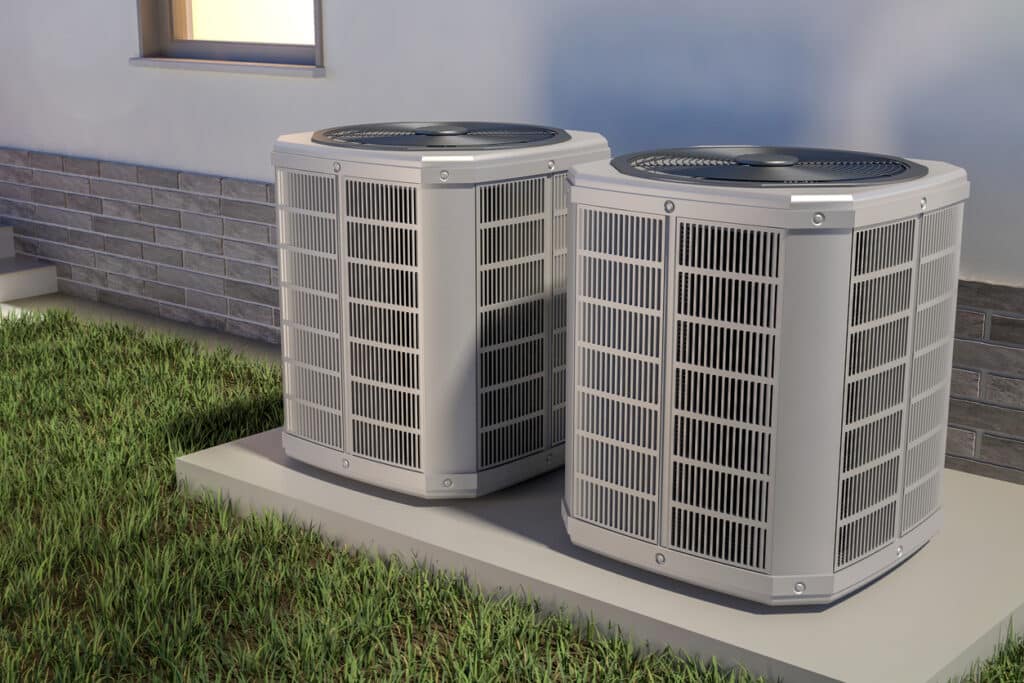Have you ever wondered about the history of HVAC systems? These days, it’s hard to imagine living without heating and air conditioning. But HVAC technology hasn’t been around forever! In this blog post, we’ll explore some fun facts about the history of HVAC systems, from their early beginnings to modern-day innovations.
The Origins of HVAC
The concept of heating and cooling dates to ancient civilizations. The Romans used a form of central heating known as hypocausts, which circulated warm air under the floors of buildings. In ancient China, people used hand-cranked fans to cool off during the sizzling summer months.
In 1902, Willis Carrier built the first modern air conditioning system. Carrier, an engineer, was trying to find a way to control humidity in a printing plant. He developed a system that blew air over cold coils, which removed moisture from the air and lowered the temperature.
The Rise of Air Conditioning
In the early 20th century, air conditioning was primarily used in commercial buildings like movie theaters and department stores. It wasn’t until the 1950s that air conditioning became more common in homes. The post-World War II housing boom led to a surge in demand for air conditioning units.
Today, air conditioning is a standard feature in most homes and businesses. In fact, according to the U.S. Energy Information Administration, about 87% of homes in the United States have air conditioning.
The Evolution of Heating Systems
While air conditioning took off in the early 20th century, heating systems were also undergoing significant changes. Early heating systems used fireplaces and stoves to heat homes. In the 19th century, steam heating systems became more popular, using steam to heat radiators throughout a building.
The 20th century saw the rise of forced-air heating systems, which use ducts and vents to circulate warm air throughout a building. Today, many homes and buildings use a combination of heating and cooling systems, such as central air conditioning and gas furnaces.
Green HVAC Technology
As concerns about energy efficiency and climate change have grown, HVAC technology has also evolved to become more sustainable. Modern HVAC systems use advanced technologies like geothermal heating and cooling, which tap into the natural heat stored in the earth to heat and cool buildings.
Other green HVAC technologies include solar-powered air conditioning and heat pumps, which can provide heating and cooling by extracting heat from the air or ground. These technologies are becoming more popular as homeowners and businesses look for ways to reduce their carbon footprint and save money on energy bills.
Have a Professional Look at Your HVAC System Today
Whether you need a minor repair or a significant part replacement, don’t let HVAC issues affect your comfort at home. Instead, contact Prime HVAC in Dothan, AL today to schedule an appointment for any HVAC services, including installation, repairs and maintenance plans.

